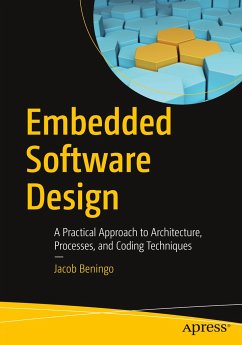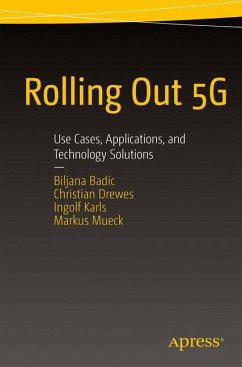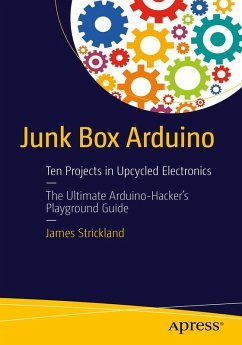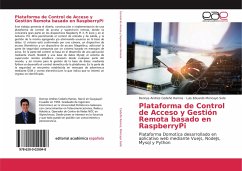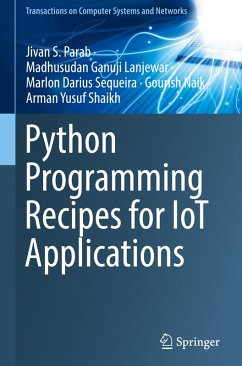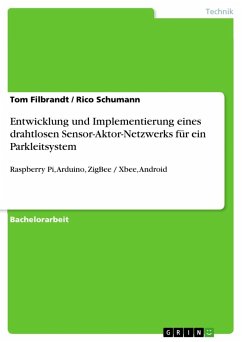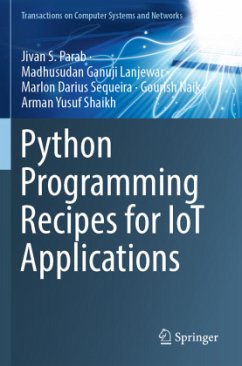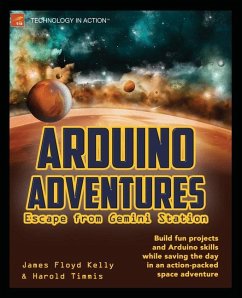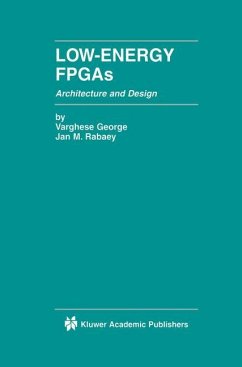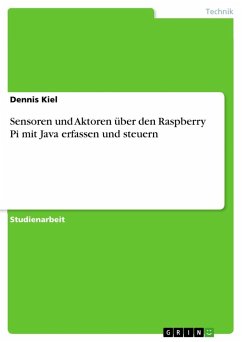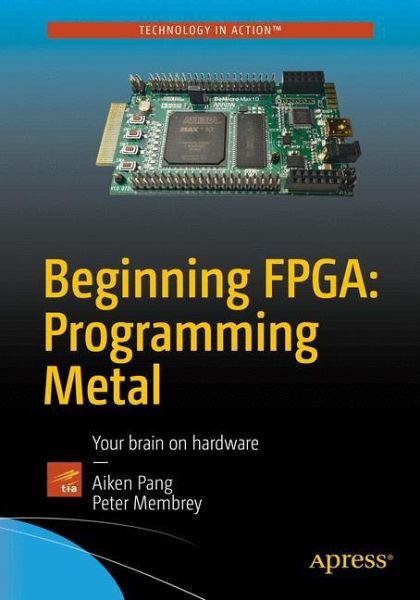
Beginning FPGA: Programming Metal
Your brain on hardware

PAYBACK Punkte
27 °P sammeln!
Use Arrow's affordable and breadboard-friendly FPGA development board (BeMicro MAX 10) to create a light sensor, temperature sensor, motion sensor, and the KITT car display from Knight Rider.You don't need an electronics engineering degree or even any programming experience to get the most out of Beginning FPGA: Programming Metal. Just bring your curiosity and your Field-Programmable Gate Array. This book is for those who have tinkered with Arduino or Raspberry Pi, and want to get more hands-on experience with hardware or for those new to electronics who just want todive in.You'll learn the th...
Use Arrow's affordable and breadboard-friendly FPGA development board (BeMicro MAX 10) to create a light sensor, temperature sensor, motion sensor, and the KITT car display from Knight Rider.
You don't need an electronics engineering degree or even any programming experience to get the most out of Beginning FPGA: Programming Metal. Just bring your curiosity and your Field-Programmable Gate Array. This book is for those who have tinkered with Arduino or Raspberry Pi, and want to get more hands-on experience with hardware or for those new to electronics who just want todive in.
You'll learn the theory behind FPGAs and electronics, including the math and logic you need to understand what's happening - all explained in a fun, friendly, and accessible way. It also doesn't hurt that you'll be learning VHDL, a hardware description language that is also an extremely marketable skill.
What You'll Learn:
Learn what an FPGA is and how it's different from a microcontroller or ASIC Set up your toolchain Use VHDL, a popular hardware description language, to tell your FPGA what to be Explore the theory behind FPGA and electronics Use your FPGA with a variety of sensors and to talk to a Raspberry Pi
Who This Book is For:
Arduino, Raspberry Pi, and other electronics enthusiasts who want a clear and practical introduction to FPGA.
You don't need an electronics engineering degree or even any programming experience to get the most out of Beginning FPGA: Programming Metal. Just bring your curiosity and your Field-Programmable Gate Array. This book is for those who have tinkered with Arduino or Raspberry Pi, and want to get more hands-on experience with hardware or for those new to electronics who just want todive in.
You'll learn the theory behind FPGAs and electronics, including the math and logic you need to understand what's happening - all explained in a fun, friendly, and accessible way. It also doesn't hurt that you'll be learning VHDL, a hardware description language that is also an extremely marketable skill.
What You'll Learn:
Learn what an FPGA is and how it's different from a microcontroller or ASIC Set up your toolchain Use VHDL, a popular hardware description language, to tell your FPGA what to be Explore the theory behind FPGA and electronics Use your FPGA with a variety of sensors and to talk to a Raspberry Pi
Who This Book is For:
Arduino, Raspberry Pi, and other electronics enthusiasts who want a clear and practical introduction to FPGA.



